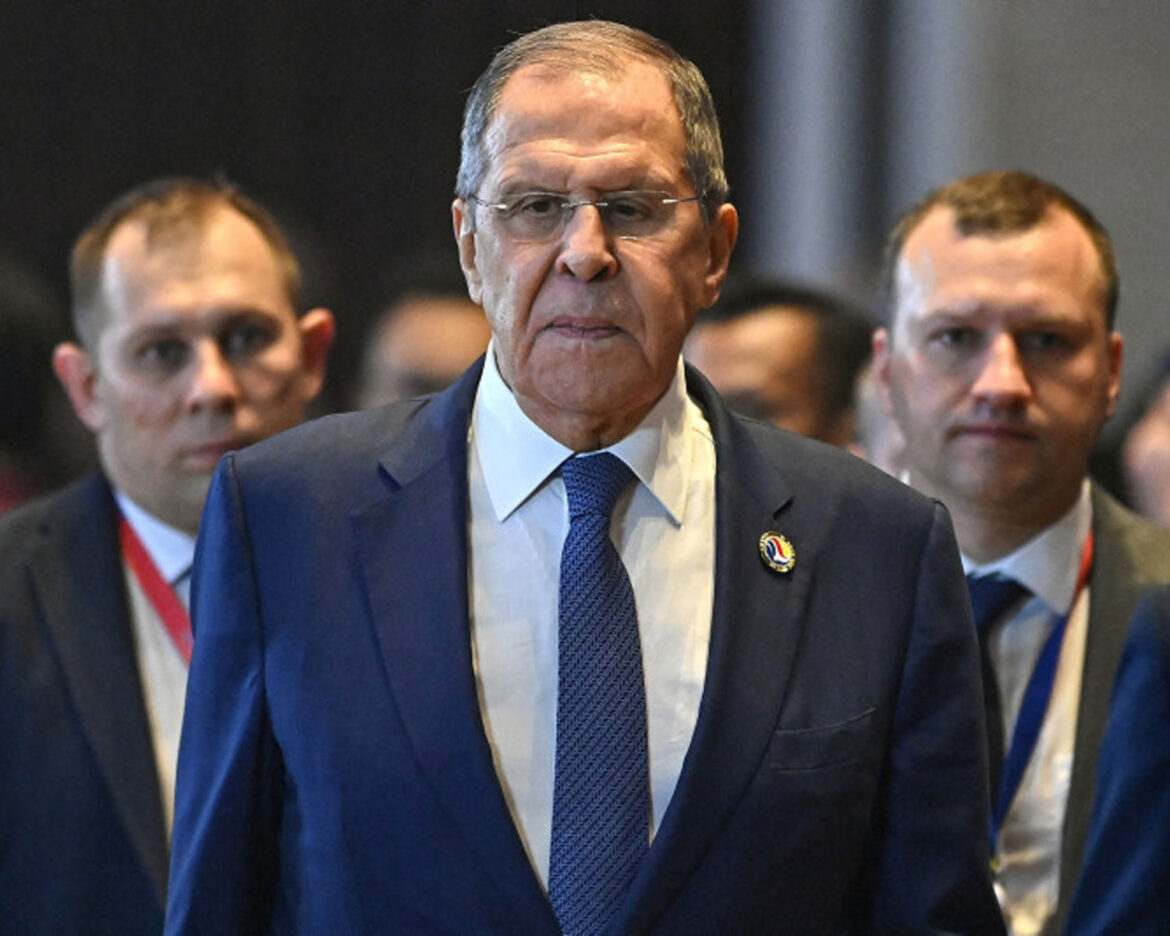Russian Foreign Minister Sergey Lavrov issued a stern warning on Friday, cautioning that any Israeli military action targeting Iran’s civilian nuclear facilities would be considered a “serious provocation.”
Speaking at a press conference in Vientiane, Laos, Lavrov stressed that despite rising tensions, the International Atomic Energy Agency (IAEA) had found no evidence of military activity within Iran’s nuclear program. He highlighted the importance of relying on verified facts, warning that politicians’ remarks often do not reflect the true policies of their governments. Lavrov added, “Any threat or plan to target Iran’s peaceful nuclear facilities would be a severe act of provocation.”
This statement comes after increasing concerns in Iran, with its parliament suggesting a potential withdrawal from the Treaty on the Non-Proliferation of Nuclear Weapons (NPT) amid fears of an Israeli missile strike.
The situation is further complicated by Israel’s ongoing air and ground operations in Lebanon and Gaza, which were met with missile strikes from Iran in retaliation for the killings of Hamas leader Ismail Haniyeh and Hezbollah chief Hassan Nasrallah. Israeli Prime Minister Benjamin Netanyahu vowed that Iran would “pay” for its actions.
In his comments, Lavrov also addressed other global concerns, including Ukraine’s recent talks of potential peace negotiations with Russia. He noted that Moscow has yet to receive any serious proposals and criticized Japan’s shift towards remilitarization and the United States’ attempts to form alliances in Asia aimed at containing China.
The escalating tensions raise fears of a broader regional conflict, especially after Tehran warned Gulf Arab states not to permit the use of their airspace or military bases for attacks on Iran. This follows Israeli strikes on Iranian and Hezbollah positions in Lebanon and Syria, further heightening concerns about a direct confrontation between Israel and Iran.
Meanwhile, U.S. President Joe Biden is expected to discuss the situation with Netanyahu, seeking to influence Israel’s actions and prevent a wider regional escalation. Washington has cautioned against targeting Iran’s nuclear facilities, but concerns remain over the potential impact on global oil markets if Iranian oil infrastructure is affected.



